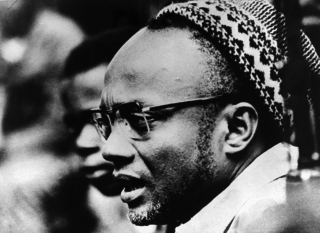A Quote by Opal Tometi
As a community organizer who holds a degree in history, I understand the fascination with history. However, there is a tendency for many of us to get engrossed in the recounting of our history, which often amounts to purely intellectual activity without material action.
Related Quotes
The asking and the answering which history provides may help us to understand, even to frame, the logic of experience to which we shall submit. History cannot give us a program for the future, but it can give us a fuller understanding of ourselves, and of our common humanity, so that we can better face the future.
At this point in history when all things which concern man and the structure and elements of history itself are suddenly revealed to us in a new light, it behooves us in our scientific thinking to become masters of the situation, for it is not inconceivable that sooner than we suspect, as has often been the case before in history, this vision may disappear, the opportunity may be lost, and the world will once again present a static, uniform, and inflexible countenance.
I am opposing it with an idea of the history of philosophy as a history of philosophers, that is, a history of mortal, fragile and limited creatures like you and I. I am against the idea of clean, clearly distinct epochs in the history of philosophy or indeed in anything else. I think that history is always messy, contingent, plural and material. I am against the constant revenge of idealism in how we think about history.






































